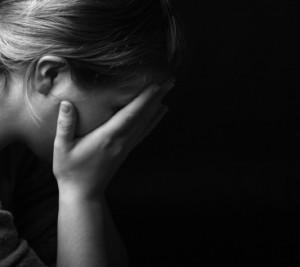Despair is a state in which all hope is lost or absent and the core belief is that everything is wrong and nothing will turn out well. It is a psychological construct in common with different mental diseases (e.g.: depression, personality disorders, personality traits, bipolar disorder).
The feeling of despair may be experienced by anyone in relation to specific traumatic situations and losses, or may become a chronic state that interferes with a person’s life plans and the everyday life. A negative expectation about the future is one of the cognitive features of depression, together with a negative view of self and a negative view of self in relation to the word.
Hopelessness is also a cognitively based risk factor that is empirically recognized as one of the strongest predictors of suicide ideations, the seriousness of suicide intent and completed suicide.

Various vulnerability factors have been identified for hopelessness, such as high neuroticism, dysfunctional beliefs, poor problem-solving skills, dimensions of perfectionism, coping styles, loneliness and deficient reasons for living. Despair is also affected by self-esteem, satisfaction with life and the perception of social support.
If the causes of despair are well assessed it is possible to focus the intervention on them in order to lower a person’s feeling of hopelessness.











